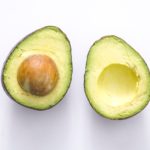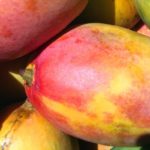The Scientific Name of Lemon
Imagine having only a lemon! You will pucker up! But what about lemonade, lemon chicken, lemon jelly, lemon cake, and lemon meringue pie! You will definitely get a mouthwatering taste. Yes, that’s lemon. Alone it doesn’t work as well but mixes it with other foods and it will prove its versatility to make food tastier. The scientific name of lemon is Citrus limon.
Lemon is one of the leaders in the citrus fruits circuit. The fruit is oval to oblong in shape and yellow or green in color with two points at each end. It has thick and more or less rough skin but the flesh is very juicy and sour. The seeds remain in the center of the fruit. Scientifically, the lemon is called Citrus liman and it belongs to the citrus family Rutaceae.
The lemon was supposed to have originated in Northern India and the Punjab region of Pakistan. It has its own significant presence in history. Alexander the Great was so fond of lemons that he carried this fruit in all his conquests. The Arabs took the lemon to Spain in the 12th century and to North Africa in the 14th century. The crusaders also took lemons to Britain and Christopher Columbus carried lemons in his voyage to the West Indies.

A lemon tree falls in the category of shrubs. However, some lemon trees can grow up to 6 meters.
We know that citrus fruits are enriched with Vitamin C; the lemon is not an exception. 100 ml of lemon juice can contain 36 mg of Vitamin C. This highly detoxifying juice is very effective if you drink it with warm or cold water and sugar.
The lemon is also rich in pectin, a soluble fiber that is used for setting jams. Lemon can be used in soups, salads, custards, tarts, and ice cream. It can stop the discoloring of fruits, tenders meat, flavors fish and enhances the flavor of any food. It is even used in cleaning, as a beauty aid, and as a health tonic.
One small fruit and so much power. This is the uniqueness of the lemon.



























